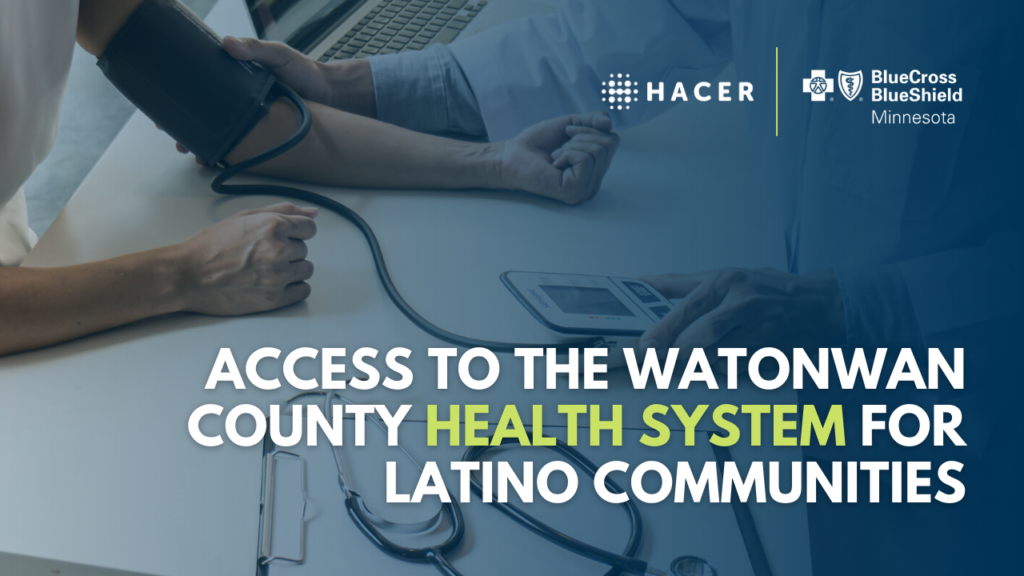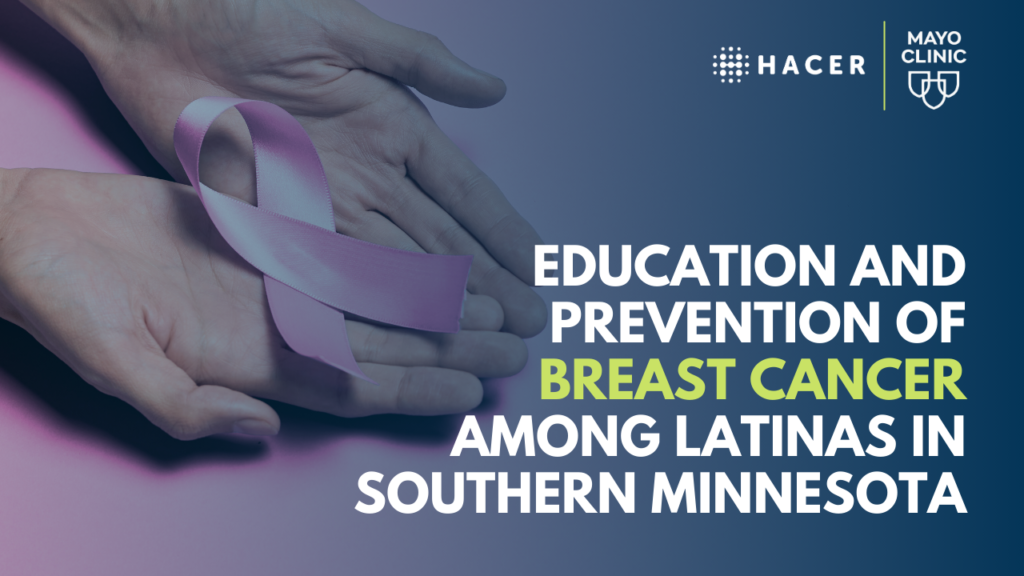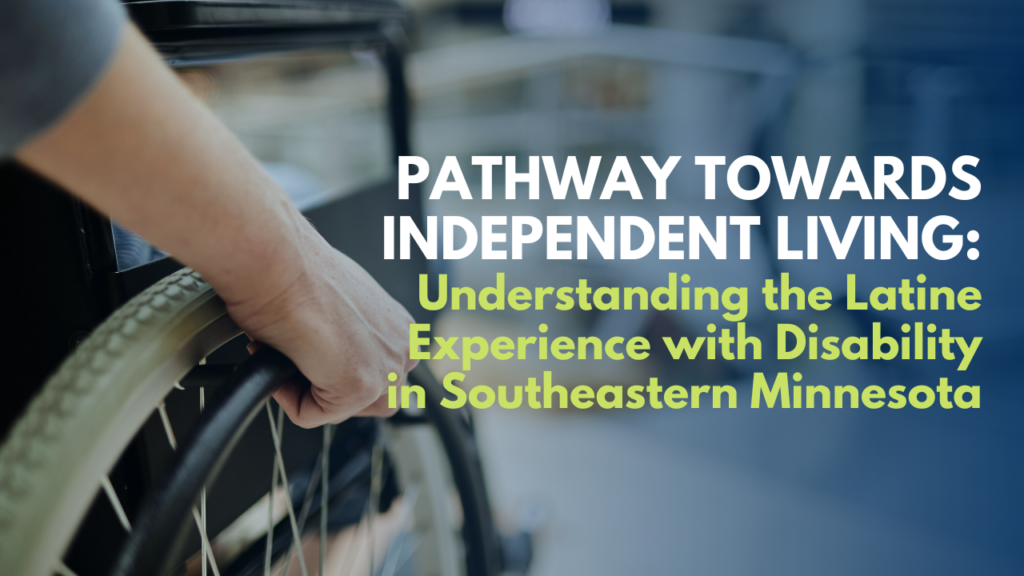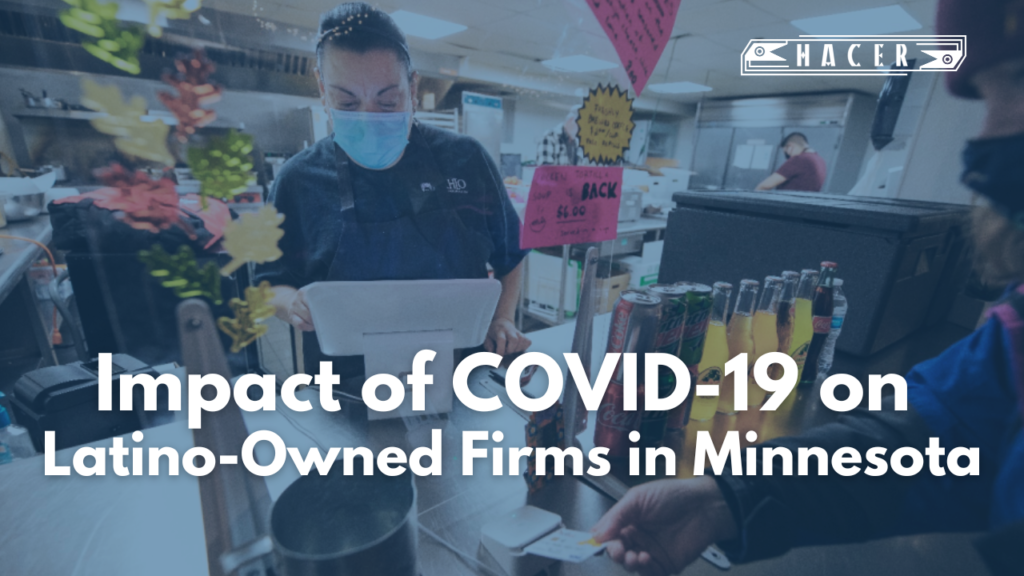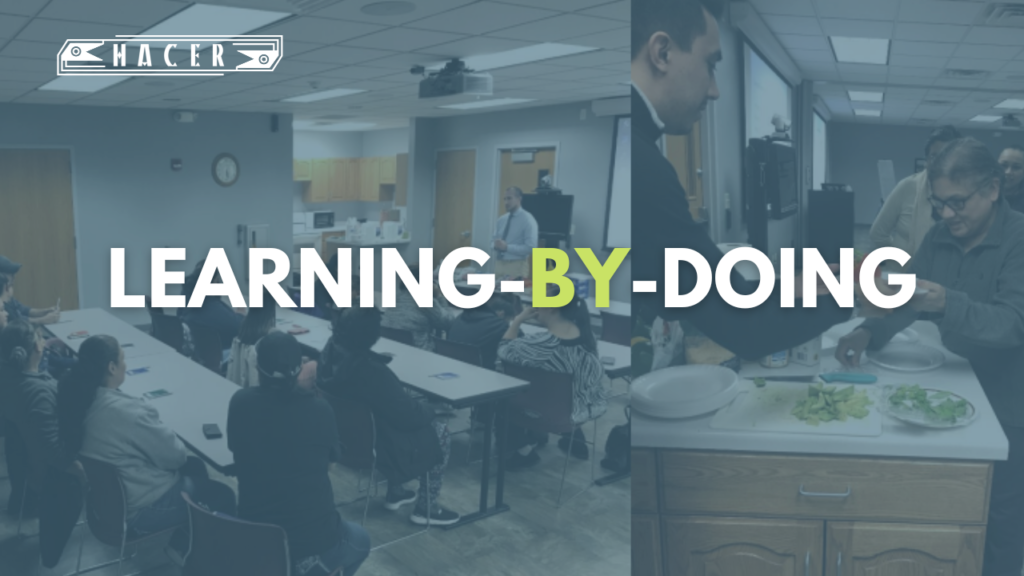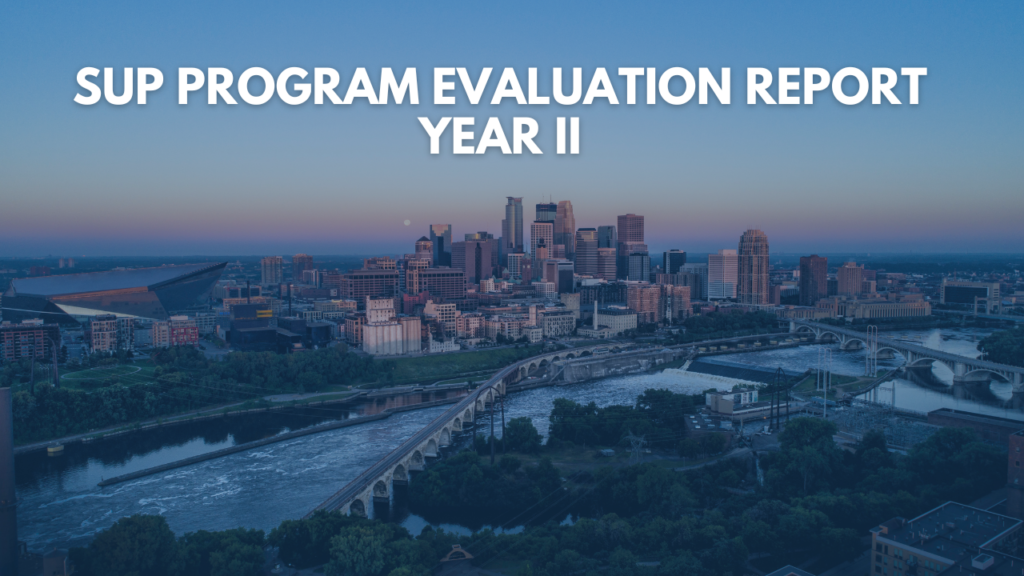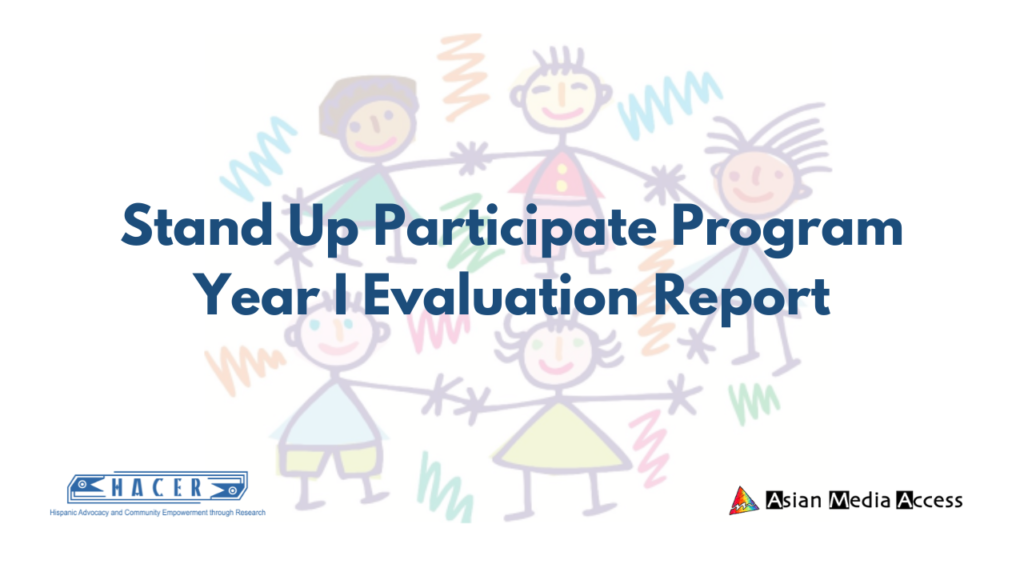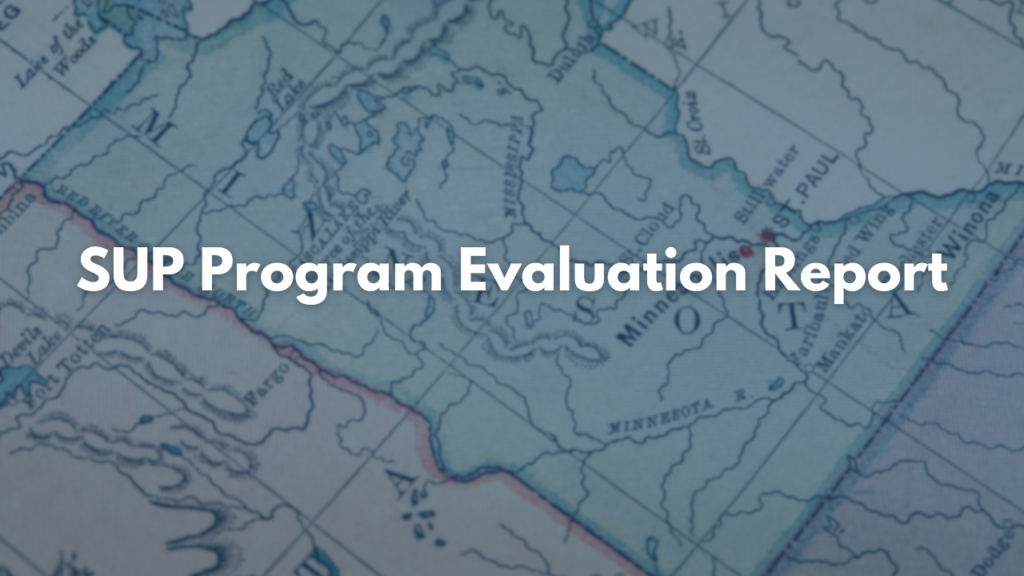Access To The Watonwan County Health System For Latino Communities
Pathway Towards Independent Living:
n March 2020, the World Health Organization declared the COVID-19 pandemic, leading to a national lockdown in the United States that significantly disrupted social and economic activities for over a year. In Minnesota, the pandemic resulted in the loss of 207,000 jobs in its first year, increased housing insecurity, and forced parents to juggle work with homeschooling. Frontline service workers and health professionals faced heightened risks by continuing to work.
Access To The Watonwan County Health System For Latino Communities Read More »

